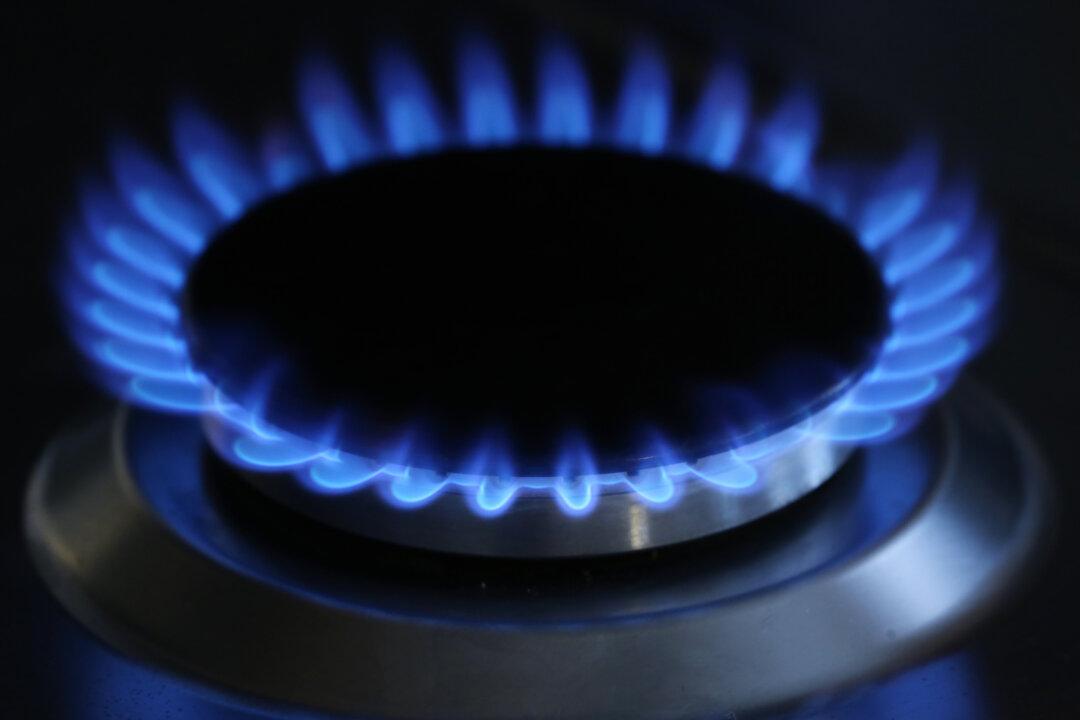British households have been urged to check their gas hobs over faulty connectors that can pose a “serious risk” of poisoning, burns, fire, or explosion even when they are not being used.
The UK government’s product safety watchdog, Office for Product Safety and Standards (OPSS), issued the public alert on Monday following a number of incidents including a gas explosion at a caravan park in Worcestershire in April that seriously burnt a man.





